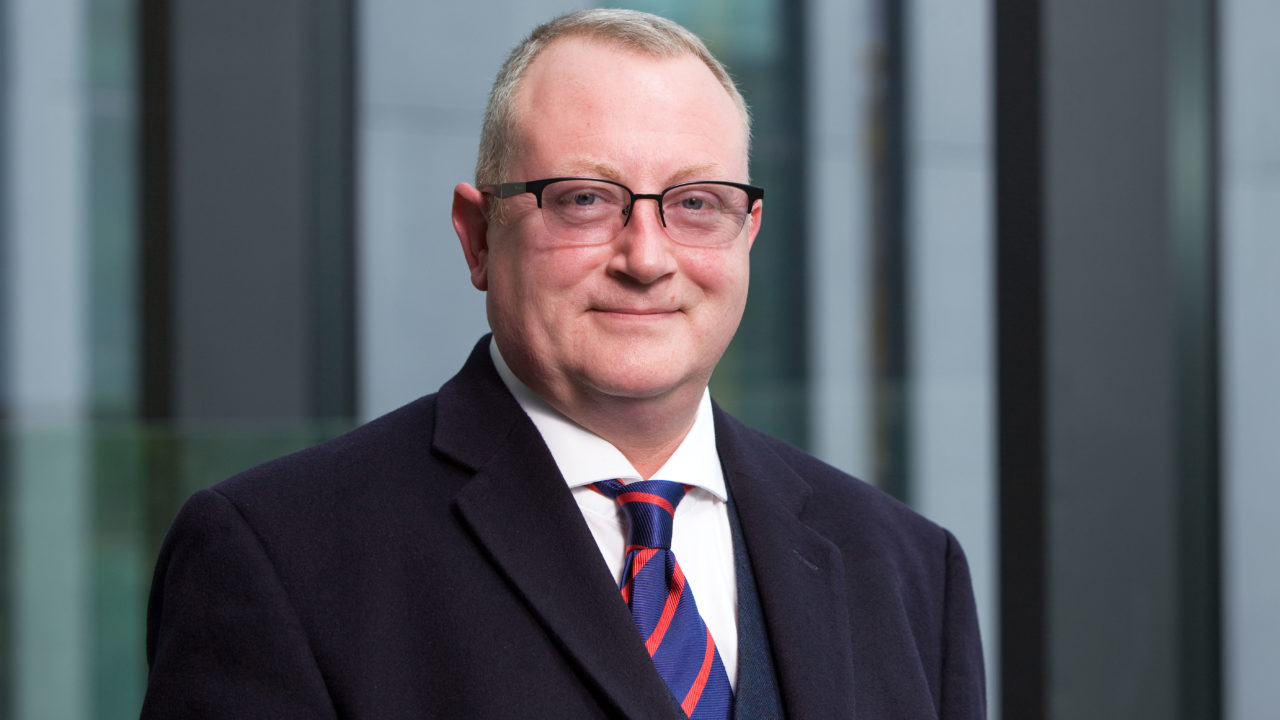Meet Our Members: Brendan Casey, Oxford Brookes University
Brendan Casey, Registrar and Chief Operating Officer at Oxford Brookes University worked at five different institutions before taking up his current role. Here he talks about his career, including a typical day in his role at Oxford Brookes, and the challenges ahead for HE.


What is your higher education history?
I began life in library services at the National University of Ireland, Maynooth, where I worked as a SCONUL trainee (Society of College, National and University Libraries).
Since then I have worked at Aberystwyth University, LSE, Cardiff University, City University London and the University and Birmingham in addition to periods in both the civil service and a top ten city law firm early in my career.
What does your current role and remit encompass?
There are three aspects to my role as Registrar and COO: Leadership of professional services across the institution; key advisor the Vice Chancellor and senior colleagues; and finally Secretary to the University.
I have also recently taken on the Prevent brief for AHUA with responsibility of appraising other members and colleagues of the latest information, and acting as a link person between AHUA and external bodies which I’m delighted to be working on.
What does a typical day look like for you in your role?
My first meeting of the day is typically with the Vice Chancellor at about 7am. After that it is the usual mix of internal versus external meetings. Brookes is an institution that values face to face interaction. It’s amazing how the diary and papers you bring home in the evening can change before morning! Additionally, there are quite a number of evening events.
What do you find most enjoyable and/or challenging in your role?
The amount of paperwork (not always necessary) frustrates me. Brevity and clarity work very well for me. I enjoy the fact that people are overwhelmingly positive here.
What are the current challenges for your institution?
For Brookes it is largely around the estate and infrastructure and our plans over the next ten years. Planning is complex in Oxford and we need to move at a pace. That brings disruption in the short to medium term. We have made some excellent appointments to help us carry this forward.
What do you think are the biggest changes ahead for higher education?
For UK higher education institutions, I think the challenge will be isolationism (real or perceived); what it will mean for our reputations and how hard it is to recover from negative perceptions across the globe. As a country, we have got to start matching the narrative with the actions!
Who has inspired you and why?
My late father was a huge influence. Learning to take a deep breath, not to overcomplicate things and sticking to the plan once you’ve figured it out have all have been important lessons. Additionally, I’ve been lucky to have had an incredible set of bosses over the years.
